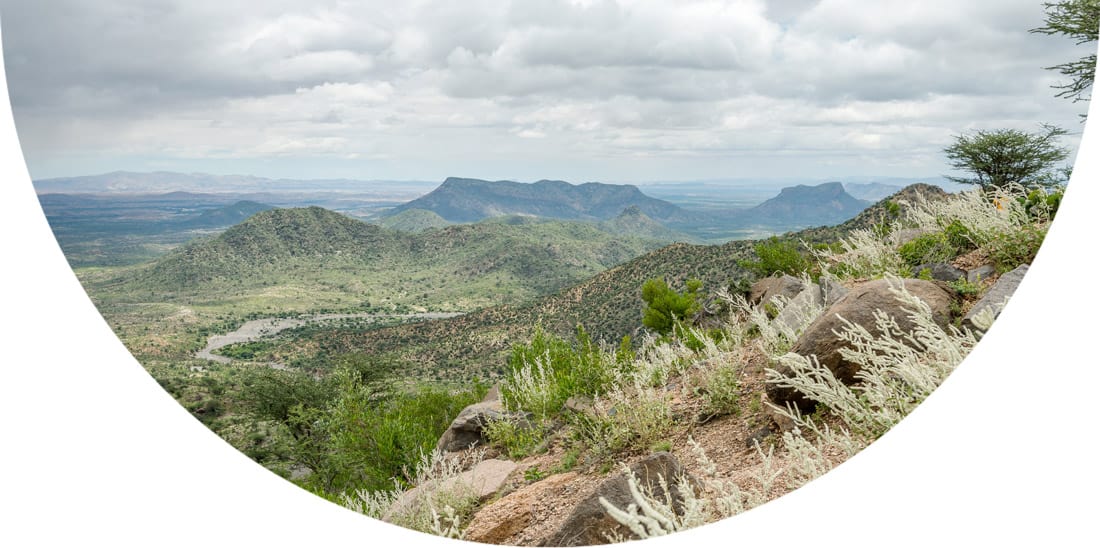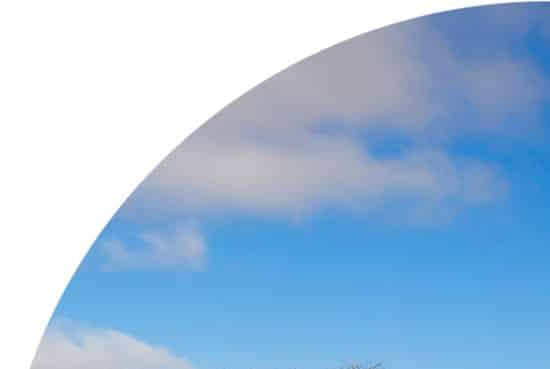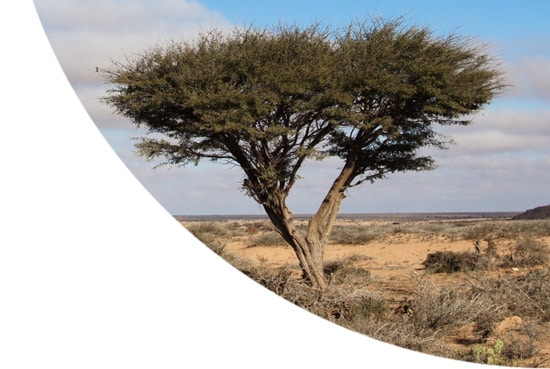Rift Valley fever (RVF) is an acute, fever-causing viral disease that usually affects domesticated animals (such as cattle and sheep), but can also infect and cause illness in humans. The majority of human infections are caused by direct or indirect contact with the blood or organs of infected animals.


Travel Vaccinations for Somalia
Recommended Vaccines for Somalia
The level of protection needed depends on your medical history and travel itinerary. Book now to get a personalised recommendation from our specialist travel nurses. The consultation costs £20 plus any vaccines you decide to take.
Flexible appointments with no upfront payment
Book Now
Destination Information for Somalia
Somalia is not a typical holiday destination for most travellers, due to its reputation for civil war, pirates, extremists and militants. It remains an extremely dangerous place to be, and travel to Somalia is currently classified as EXTREMELY NOT recommended.
That said, this is a beautiful country and it’s a great shame that it won’t be seen in the foreseeable future as a location to be explored. There is a vast landscape made up of rainforests, mountains, beaches and coral reef, however the beauty of the country is overshadowed by drought and civil war. Somalia’s capital, Mogadishu, is considered to be one of the most dangerous cities in the world.
If you are insistent on exploring Somalia, head to Somaliland, which is a self-declared state and recognised as independent of Somalia itself. Travel here is still inadvisable, however it is considered to be far safer than its host country. The cosmopolitan city of Hargeisa has a rich history and culture to discover. You can visit the Laas Geel cave complex, where you can see Neolithic cave art and rock formations dating back to 9,000 B.C.
If you’re travelling outside of major cities, you are required by law to have an armed guard accompanying you. The Republic of Somaliland is not recognised by any other government so it is wise to familiarise yourself with local laws and customs to avoid any potential conflict.
If you have chosen to visit Somalia, it is important to make sure you have been vaccinated before you travel. There is Yellow Fever certification requirements upon entry to the country so please discuss this at your consultation. Hepatitis A, typhoid, and the tetanus, diphtheria and polio vaccine are considered essential vaccinations, however, others may be strongly advised such as cholera, rabies and Hepatitis B. There is also a high-risk of malaria, and at London Travel Clinic we provide a range of antimalarials, so make sure to book an appointment.
Infections and Outbreaks frequently change from country to country and by attending our clinics you will be given the most up to date clinical and safety advice from our team of specialists. Our advice to you often includes aspects such as:
- Food and water hygiene
- Insect and animal bite avoidances
- Personal safety
- Sexually transmitted infections
- Sun protection
- Altitude sickness
Malaria and regions within country:
There is a high risk of P.Falciparum malaria throughout Somalia and anti-malarial medication is advised.



